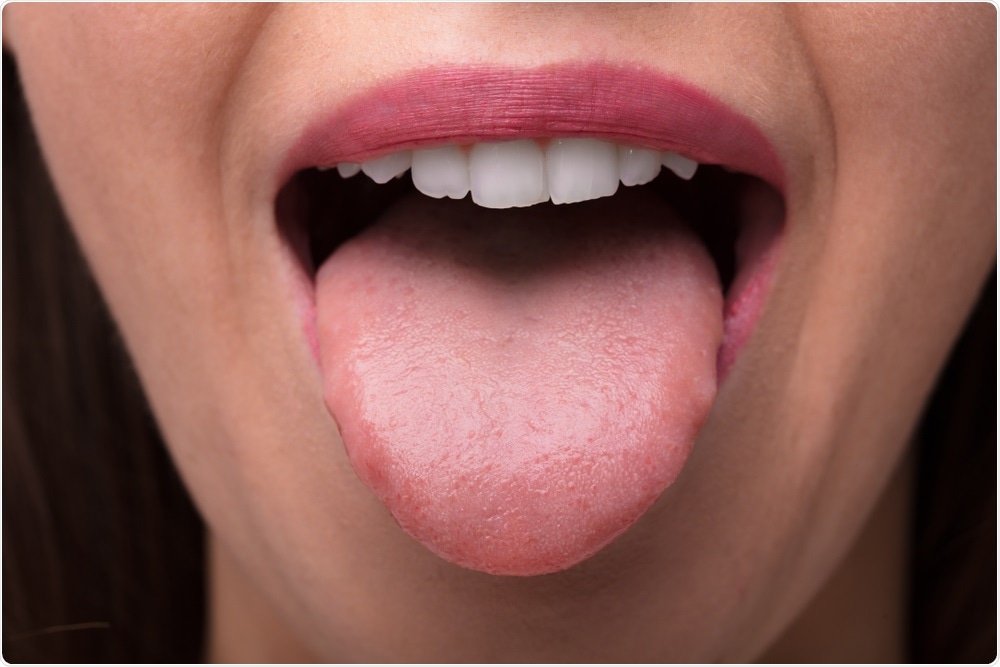Researchers at Zhenjiang University School of Medicine, China have found that disruption in the microbial composition of the tongue coating could serve as a biomarker for early-stage pancreatic cancer.
 Andrey_Popov | Shutterstock
Andrey_Popov | Shutterstock
The study showed that the tongue-coating microbiomes of patients with early-stage pancreatic were significantly more diverse and composed of remarkably different bacteria, compared with the tongue coatings of healthy individuals.
If an association between the discriminatory bacteria and pancreatic cancer is confirmed in larger studies, this could potentially lead to the development of new microbiome-based early diagnostic or preventive tools for the disease.”
Lanjuan Li, Lead Author
Pancreatic cancer is the seventh leading cause of cancer-related death worldwide. In the UK, almost 10,000 people are diagnosed with this highly aggressive disease each year, with only 1% surviving for more than ten years.
Symptoms do not usually appear during early-stage disease and the majority of patients are already at an advanced stage of the disease by the time they are diagnosed.
The microbiome is known to influence tumor-promoting inflammation and carcinogenesis. Thus, the search for microbiota biomarkers that could serve as early diagnostic indicators is a major area of research.
Although changes in the microbiome of other bodily tissues have already been associated with pancreatic cancer, disrupted microbiota (microbiota dysbiosis) of the tongue coating as an indicator of the disease has not yet been clearly defined.
For the current study, Li and team used advanced gene sequencing technology to screen the tongue coating of 30 people with early-stage pancreatic cancer and 25 healthy individuals. All participants were aged between 45 and 65 years and were otherwise healthy.
As reported in the Journal of Oral Microbiology, the researchers found that the tongues of the pancreatic cancer patients were colonized by very different bacteria, compared with those of the healthy group.
Importantly, low levels of Haemophilus and Porphyromonas, combined with high levels of Leptotrichia and Fusobacterium could distinguish between the pancreatic patients and the healthy controls.
Although further confirmatory studies are needed, our results add to the growing evidence of an association between disruptions to the microbiome and pancreatic cancer."
Lanjuan Li, Lead Author
The researchers suggest that the association between microbiota dysbiosis of the tongue coating and pancreatic cancer could be linked to the immune system – for instance, pancreatic disease may promote immune responses that favor the proliferation of certain bacteria or vice versa.
“Research into the association between the microbiome and pancreatic cancer may open new opportunities to develop biomarkers to identify high-risk individuals,” writes the team.
Such studies could also lay the foundations for new treatment approaches involving immunotherapies or even probiotics that could help prevent pancreatic cancer in high-risk individuals.